I love raising rabbits for many reasons, one being the many benefits of their manure. Rabbit manure is an incredible resource for organic gardens. It increases soil quality by improving both the soil structure and the life cycle of beneficial microorganisms living in the soil. Rabbits are an excellent source of poop, and it doesn’t take long for it to accumulate.
What’s So Great About Rabbit Manure?
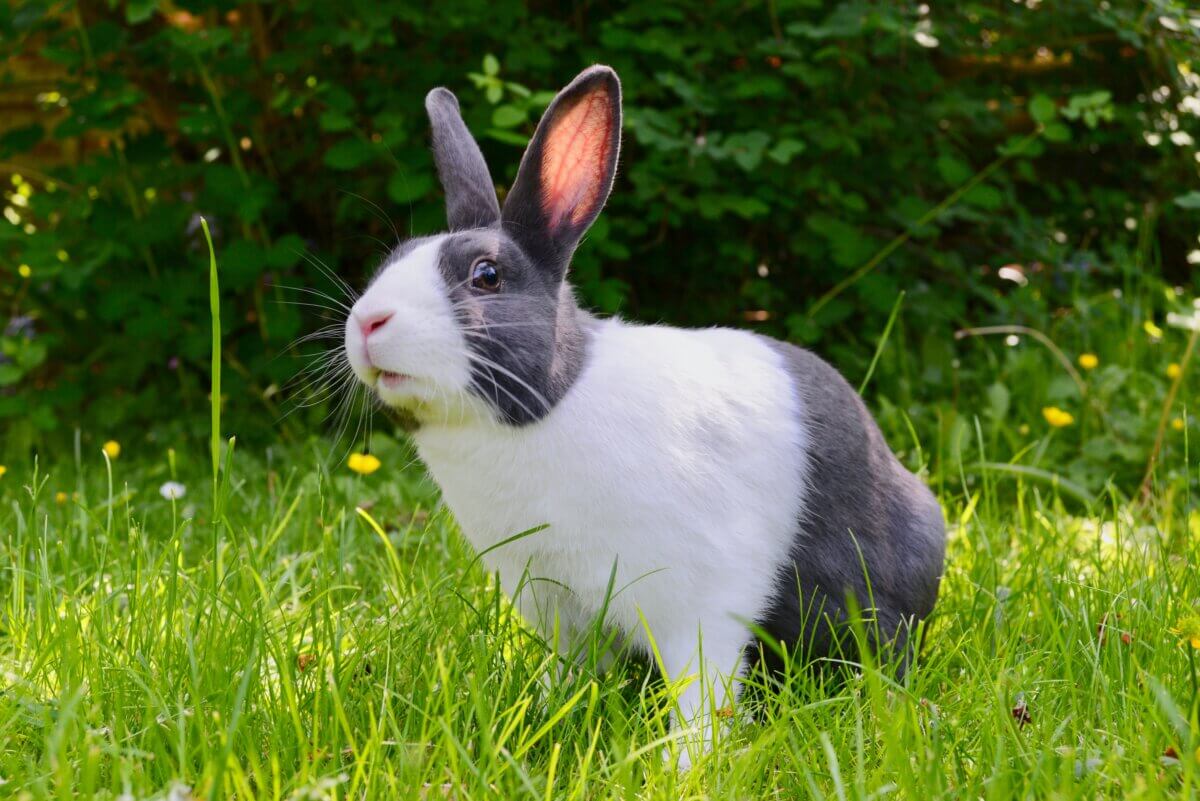
Rabbit manure is rich in nutrients and easy to use. Believe it or not, a single doe and her kits can produce over a ton of nutrient-rich manure annually.
Rabbit manure is chock full of nitrogen, potassium, phosphorus, and minerals. Let’s not forget all the micronutrients and trace elements like calcium, boron, magnesium, manganese, zinc, copper, sulfur, and cobalt. That’s actually the shortlist.
NPK Meaning and Values
The NPK represents the percentage of nitrogen, phosphorus, and potassium.
The letters N-P-K represent a number that indicates the ratio of nutrients in a product. NPK values are often found on fertilizer packaging.
Let’s take a look at the NPK values of different animal manures.
| Rabbit | N – 2.4 | P – 1.4 | K – 0.6 |
| Chicken | N – 1.1 | P – 0.8 | K – 0.5 |
| Sheep | N – 0.7 | P – 0.3 | K – 0.9 |
| Horse | N – 0.7 | P – 0.3 | K – 0.6 |
| Steer | N – 0.7 | P – 0.3 | K – 0.4 |
| Dairy Cow | N – .25 | P – .15 | K – .25 |
With the numbers in black and white, it’s easy to see that rabbit manure ranks at the top of the list.
Nitrogen (N) – Plants require nitrogen to produce that lush green growth we all look for. Nitrogen helps plants grow greener and stronger, which means it is excellent for fast-growing greens and other produce. It is also fantastic for the early growth of corn, tomatoes, and other veggies.
Phosphorus (P) – Phosphorus helps transform solar energy into chemical energy for plants, which in turn, helps with essential plant growth. It helps plants handle various stressors, and when there is a healthy amount of phosphorus in the soil, it encourages more and larger blossoms and strong root growth.
Potassium (K) – Potassium is vital for the quality of fruits and vegetables and is essential for aiding in the reduction of diseases. Potassium is used by plants as an enzyme to produce sugars and proteins. Plants also use potassium to help control water content.
Aside from the incredible NPK values and a host of micronutrients, rabbit manure has other amazing benefits. It is full of organic matter that improves soil drainage, structure, and moisture retention. Fruit and vegetable gardens benefit from this rich manure. Pastures and flower beds will as well.
Another excellent benefit of rabbit manure is that it is one of the few fertilizers that isn’t “hot.” This means it will not burn your plants when added directly to the garden (like chicken poop, which is one of the hot manures).
Ways to Use Rabbit Manure
Use As Is – Because “bunny berries” are dry and odorless, they can be used directly in the gardens in their pellet form. Rabbit manure can be applied during any time of year. It will give your plants a boost during the growing season and act as a storehouse of nutrients for spring when applied during the fall and winter.
We add bunny berries to the garden while our plants are growing in season. When we put the gardens to bed for the winter we use the manure with the rabbit bedding as a mulch additive. It helps feed the soil and keep weeds down.
Because rabbit poop is considered a cold manure, there is no threat of burning the plants or roots. It can be used as a top dressing, mulch around your plants and buried in the ground under transplants. You can also work it into the soil before planting season.
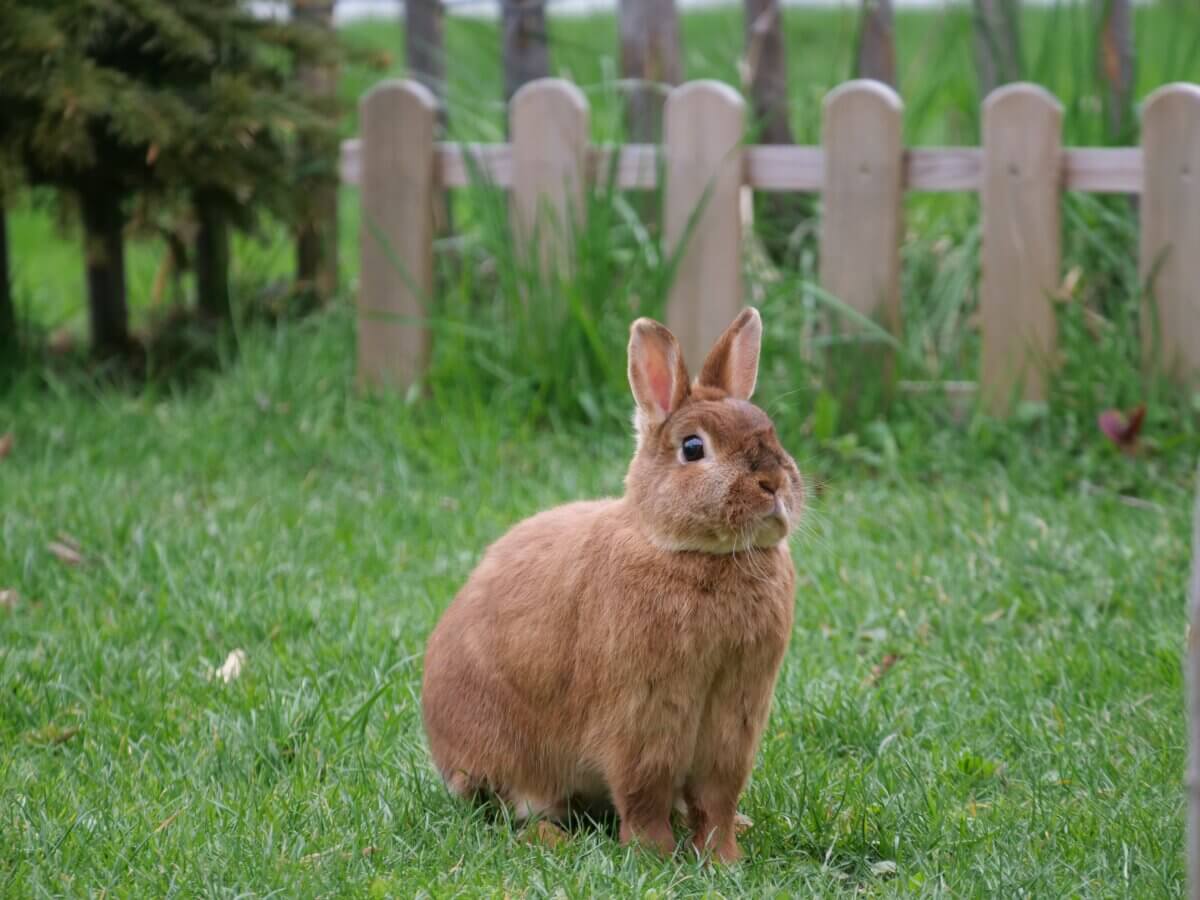
Using bunny berries as they are is the easiest way to use the manure. I suppose you can think of rabbit manure as time-release capsules to enrich the soil.
Compost It – Composting rabbit manure is another easy way to utilize it, and the end result is an incredible fertilizer for any type of garden. When I clean out my rabbit hutches, I simply add the manure, urine, and shaving mix to our compost pile. If you don’t use the soiled bedding with the urine, feces, and bedding shaving, you will want to add equal parts of dry straw or shavings.
Or you can mix in the usual compostable materials like grass clippings, leaves, and kitchen compost. Mix it up and keep the pile saturated. You may have to cover the pile with a tarp of some sort.
Suppose you’ve been struggling with a compost pile that won’t heat up enough. In that case, I highly suggest tossing in the complete contents of your rabbit hutch. You’ll notice a considerable difference rather quickly.
Bunny Brew or Manure Tea – We make a bunny brew when we want a concentrated fertilizer for plants that need a more significant boost. Manure tea is easy to make: bunny berries and water.
The manure steeps in the water, leaving a colored, nutrient-rich fertilizer concoction. The organic nutrients within the manure dissolve relatively easily in the water, which can then be added to watering cans or sprayers.
To make some bunny brew, put a heaping shovel full of manure in a porous burlap or cloth bag with all four corners tied together. Place the bag of manure into a 5-gallon bucket and fill it with water. Let the brew steep in the warm sunshine for about a week. Remove the bag and suspend it above the bucket until it quits dripping (trust me, you’ll want all of that goodness in the brew).
If you want to speed up the process, skip the bag and place the manure directly into water, allowing it to steep for three days. Then, use a burlap (or something of the sort) to strain the liquid from the solids. Either method involves allowing the bagged contents to drip over the bucket until it stops.
Both processes allow the nutrients to be released. This liquid fertilizer is a beneficial soil amendment, whether it is added to the garden or compost pile.
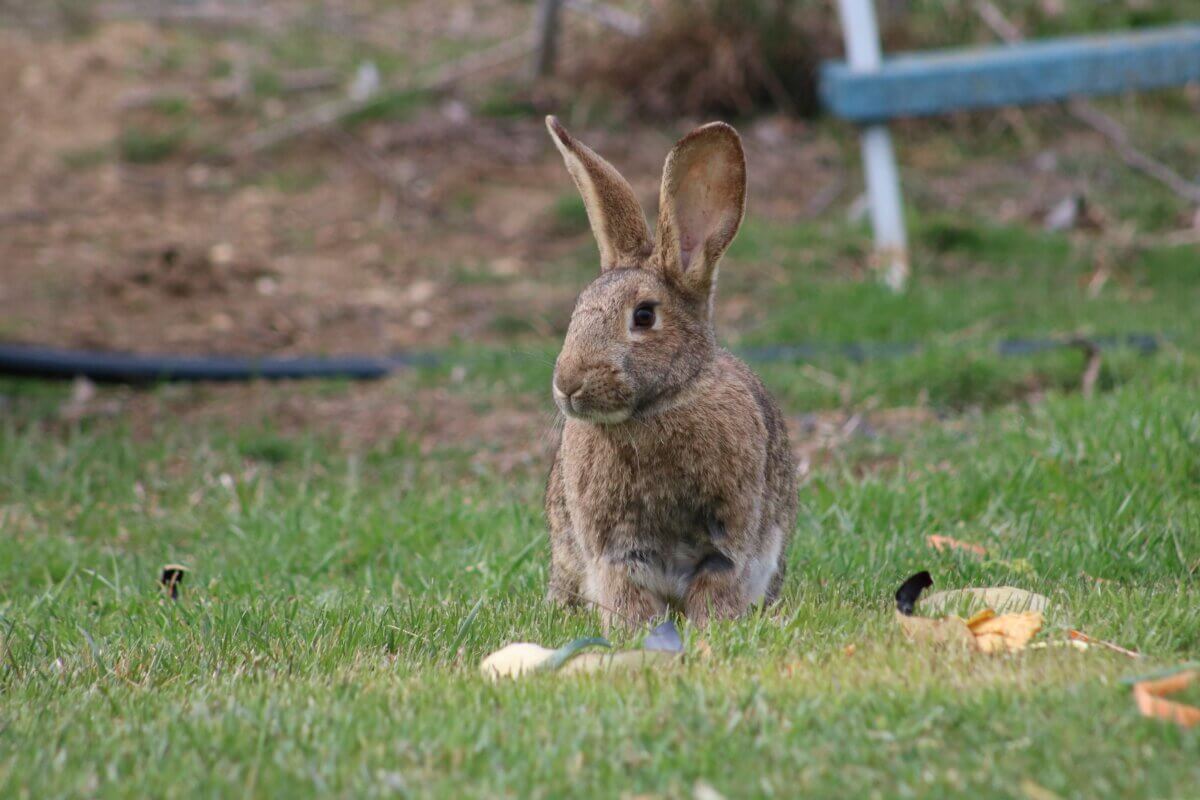
Before using this concentrated tea, you’ll want to mix a ratio of 1 part manure to 5 parts water. It averages out to about a cup of concentrated manure tea to a gallon of water. Before transplanting, dip the root ball into the tea until bubbles stop surfacing.
This tea can be used for trees and shrubs as well. Wet the furrows before planting or fill the holes with it before placing the shrubs or trees in the ground. Toss out your chemical-filled fertilizers, and use this fantastic manure tea instead. Give some to your plants once a week and watch them flourish.
Growing Worms – Worms are a vital part of the ecosystem and soil. When there is no sign of worms, that can mean trouble for gardens. A healthy population of worms is one way to make sure your gardens will thrive.
When we first started adding our rabbit manure and bedding to the compost pile, there were only a few worms here and there. It was a matter of a month or so before the population grew. Worms will accumulate wherever rabbit droppings are left on the ground.
If you have a worm bin or box, or are considering starting one, rabbit manure makes incredible worm bedding and feed. Worms will gladly raise their families anywhere rabbit droppings collect under hutches or cages. However, worms cannot eat dry rabbit manure; it has to be moist. You’ll want to make sure to spray their bin a bit.
Turn Manure Into a Side Hustle – Not all gardeners raise rabbits or have friends with some. That said, there is a market for bunny berries. People will purchase rabbit manure by the pound! You might even be able to make a bit extra if you offer a bunny brew for sale.
You can conduct a simple search on the internet to gauge the current selling prices of rabbit manure and go from there. If I remember correctly, composted manure can sell for higher prices, but you’ll want to know the percentages of the NPK to do well in the industry. Some folks simply sell 10- to 50-pound bags of fresh manure, and people are more than happy to buy it.
While rabbit manure might not seem as powerful as commercial fertilizers, in reality, it is better and healthier for gardens, especially those that are producing the food you eat. It is safer for us and the environment. Why use chemical additives that are known to be harmful to the health of our soil, ourselves, and nature when you can use organic options that work equally well? Happy Homesteading!




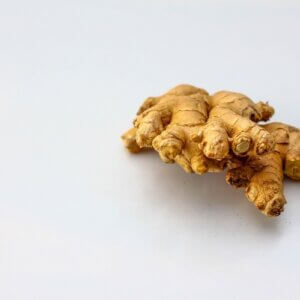
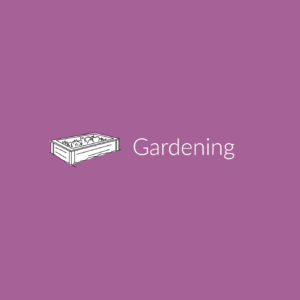



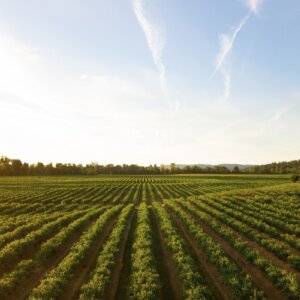




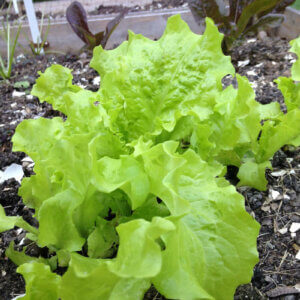


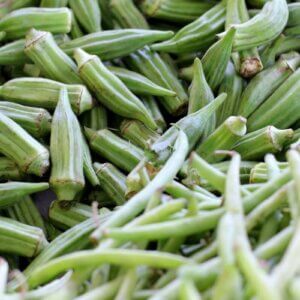

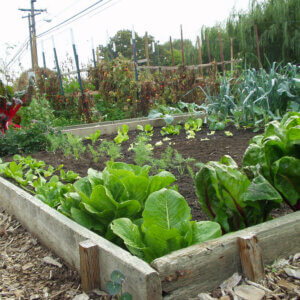
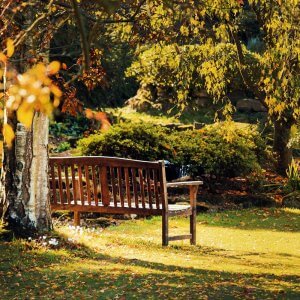
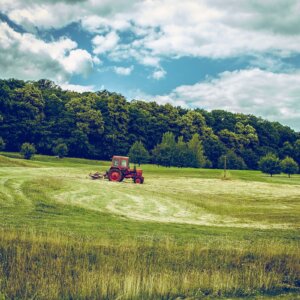
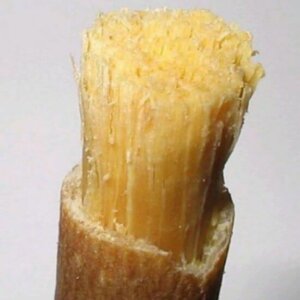
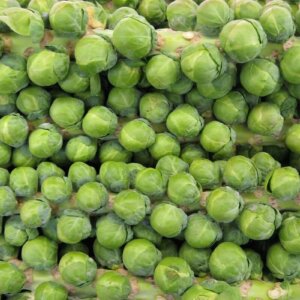
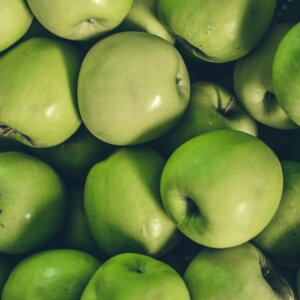
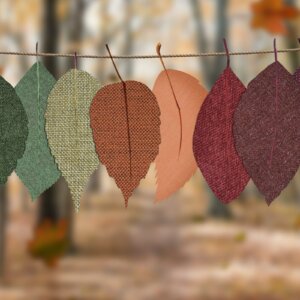
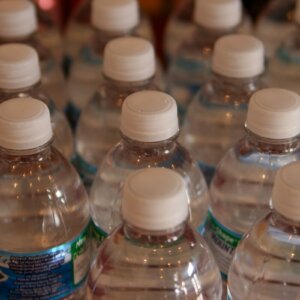
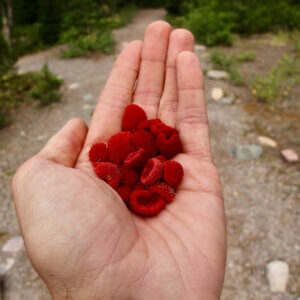
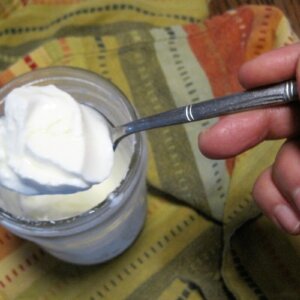
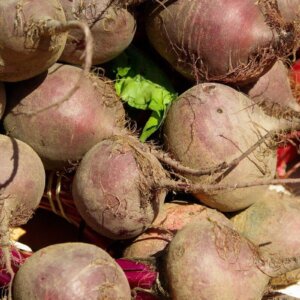
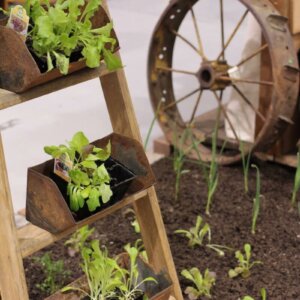


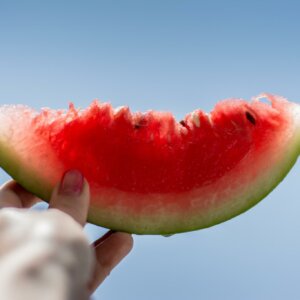
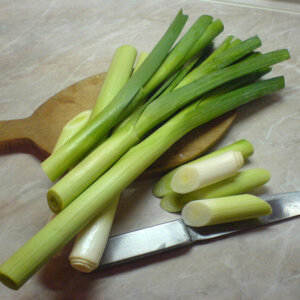


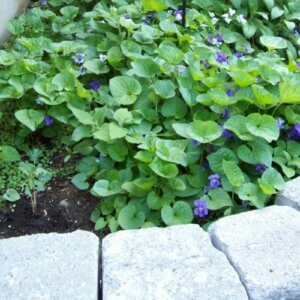
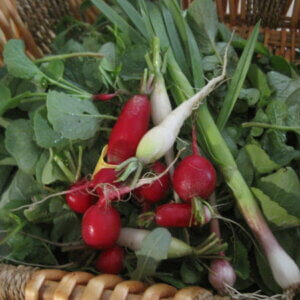
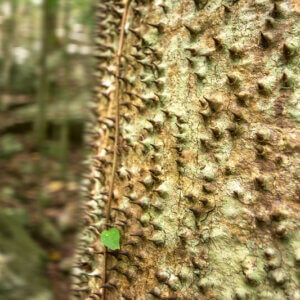


Leave a Reply